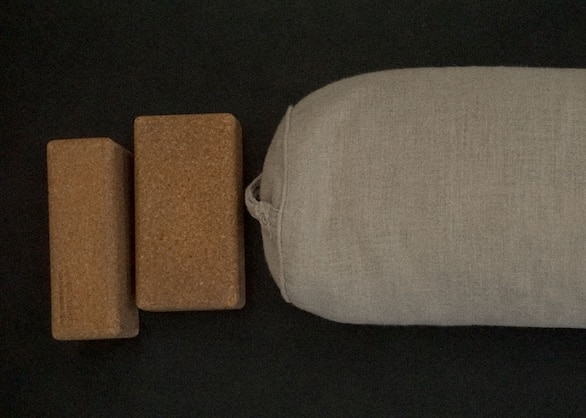We joined in conversation with Elizabeth Myer, co-founder of Swehl, a breastfeeding lifestyle platform that was inspired by two first-time moms who entered motherhood during the height of the pandemic lockdowns. Looking for answers, support, and community themselves, the two bonded and created what would become the first, modern—and might we add, cool—breastfeeding platform of its kind. For all the struggles that come with breastfeeding, we love hearing Elizabeth’s positive perspective on how the right kind of community can change the experience for the better. Read on for Elizabeth’s reflection on her own journey and practical tips that can help yours.

LHM x Elizabeth Myer

